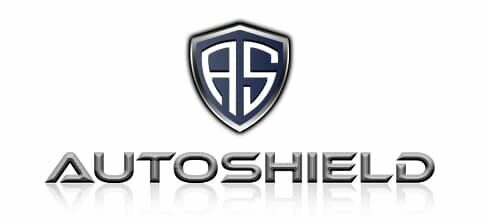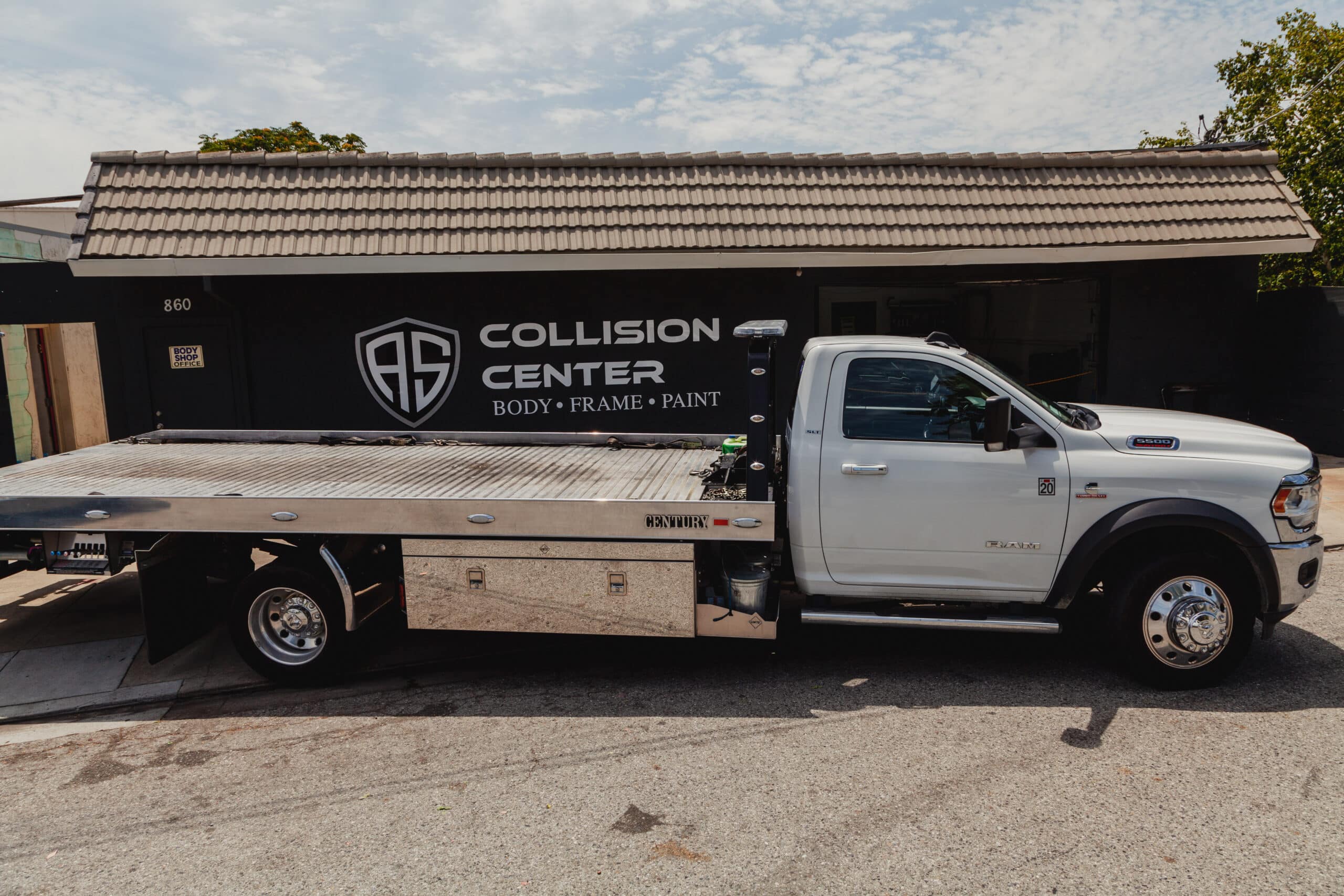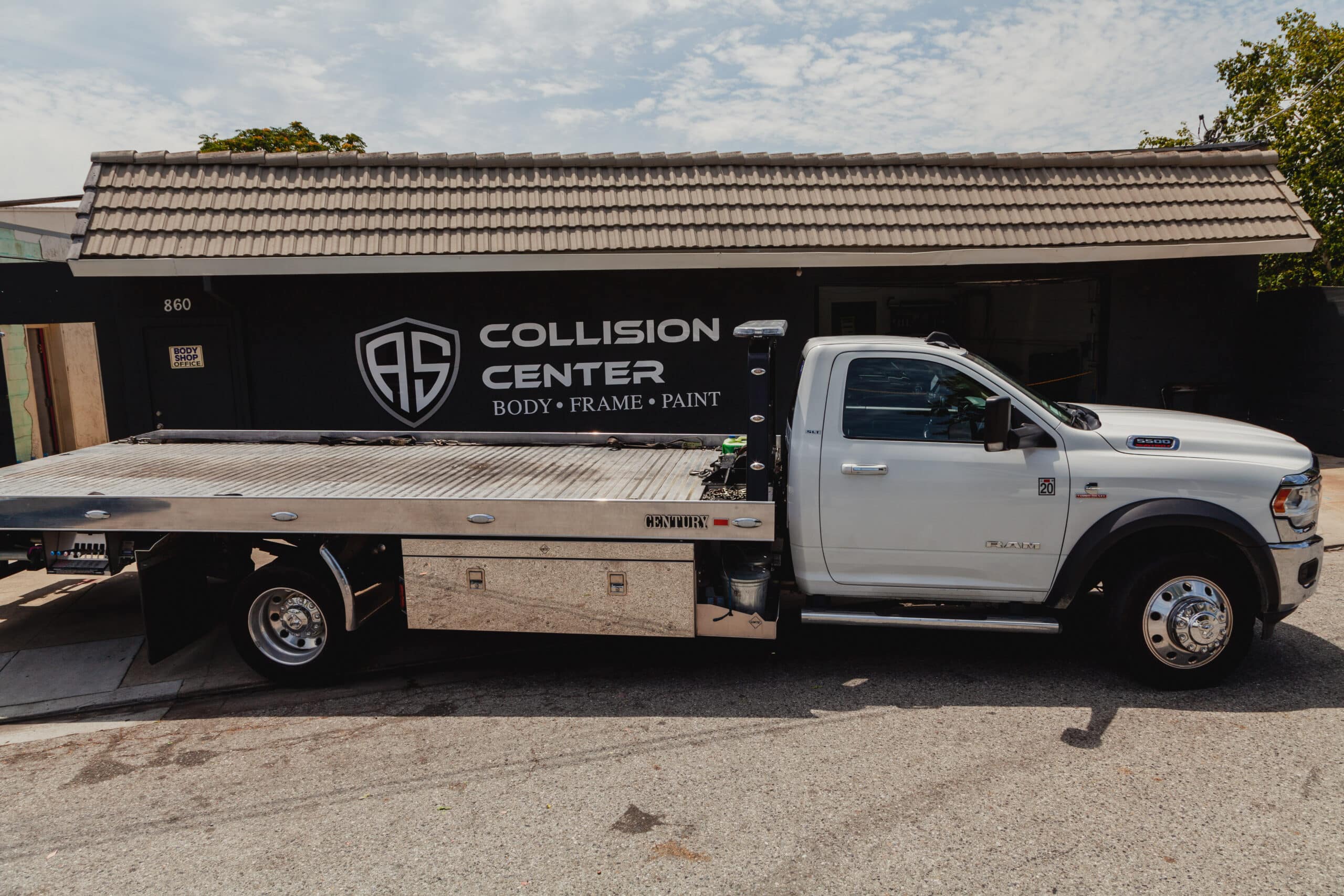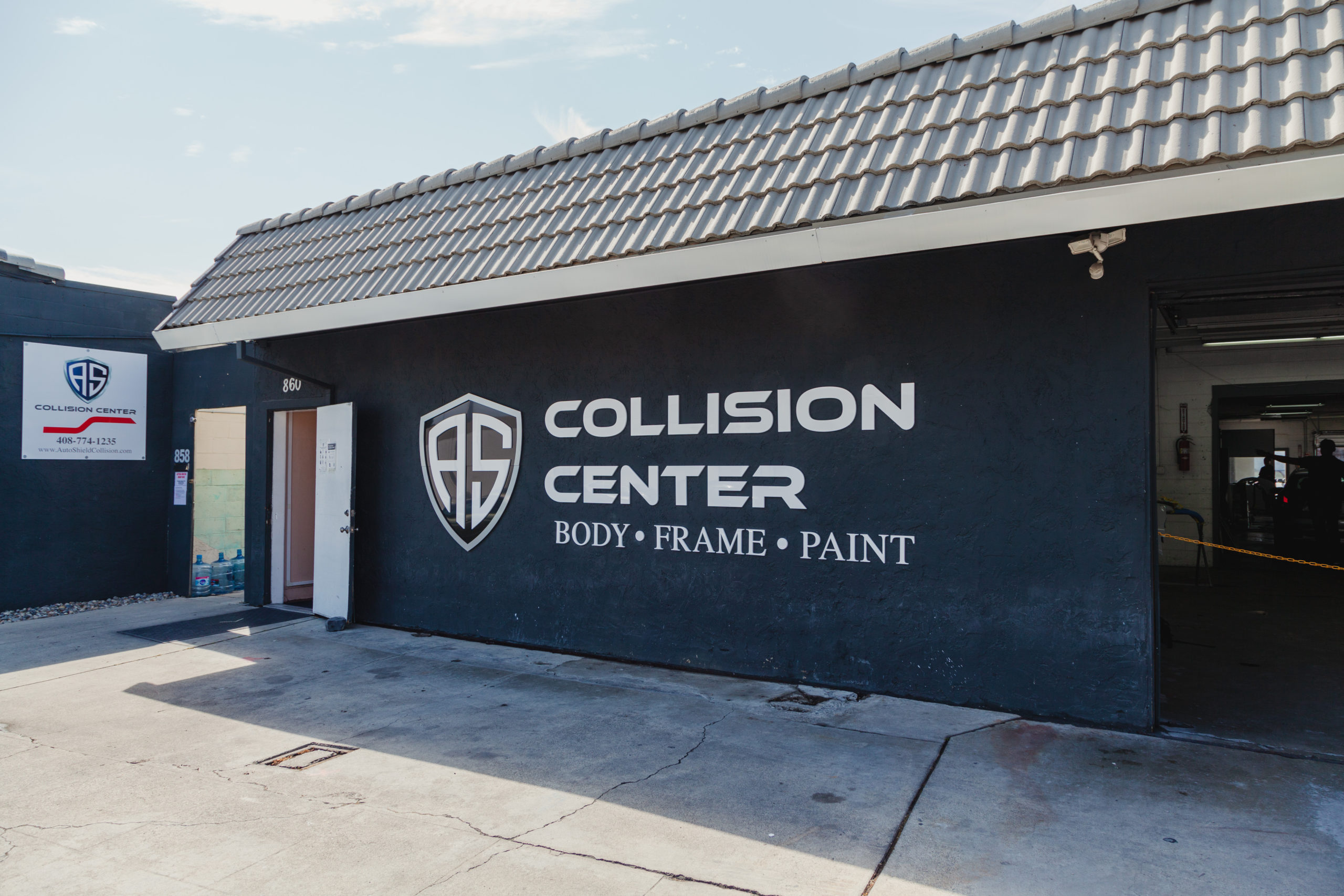When it comes to the road, we all want smooth sailing, and that includes our interactions with car insurance. Car insurance scams are more common than you might think, and they can wreak havoc on your finances and peace of mind. That’s why it’s crucial to stay informed and vigilant, and AutoShield Collision is here to guide you in navigating this tricky terrain. You see, car insurance scams come in all shapes and sizes. Whether it’s repair fraud, towing schemes, or agent trickery, these scams can hit you where it hurts – your wallet and trust. It would help if you did not worry because knowledge is your best defense in these cases. By arming yourself with the right information, you can avoid these pitfalls and keep your hard-earned money safe. At AutoShield Collision, we understand the value of your vehicle investment and insurance policy. We’re committed to helping you avoid these scams, so we’ve compiled this comprehensive guide. So, stay with us as we delve into the world of car insurance scams, reveal their cunning tactics, and equip you with the knowledge to outsmart them. Your journey to safer roads starts here!

Common Car Insurance Scams
What Are Common Car Insurance Scams?
Car insurance scams are deceptive activities orchestrated by fraudsters to exploit loopholes in insurance policies, resulting in financial losses for both insurers and policyholders like you. These scams can manifest in various forms, but they all have one thing in common – they’re designed to take advantage of the insurance system and ultimately affect your premiums and overall trust in the industry. The impact of falling victim to a car insurance scam can be severe.
First and foremost, it can lead to significant financial losses. Fraudulent claims can increase insurance premiums for all policyholders, including you, as insurance companies pass on their losses to customers through higher rates.
Additionally, if you unknowingly participate in a scam, you could face legal consequences, including fines and even jail time. To protect yourself from these scams, vigilance is key. Always be cautious when dealing with unfamiliar individuals or entities related to your insurance claims or policies. Verify the legitimacy of all claims and take the time to understand the details of your insurance coverage. By staying informed and alert, you can reduce the risk of falling prey to these fraudulent activities.
Recognizing Common Scams
Knowledge is your best defense against car insurance scams. Here, we’ll shed light on some of the most prevalent scams you should be aware of:
Staged Accidents
In staged accidents, fraudsters intentionally cause collisions or accidents, often making it appear as though you were at fault. They may have fake witnesses ready to testify against you, making it difficult to prove your innocence. To protect yourself, install a dashcam in your vehicle, maintain a safe following distance, and always report accidents to the authorities.
Phantom Victims
Some scammers claim injuries from accidents that never happened. They may exaggerate their injuries or even use a past injury to file a fraudulent claim. To counter this, ensure that you document all details of an accident, take photos, and gather witness information. This evidence can be crucial in disproving false claims.
Fake Policies
Beware of individuals or agencies offering you unbelievably cheap insurance policies or policies that promise coverage for everything. These could be scams aimed at taking your money without providing any real coverage. Always verify the legitimacy of an insurance provider and read your policy documents carefully to understand your coverage.
Real-life scenarios can help illustrate the severity of these scams:
In a staged accident scheme, fraudsters have forced innocent drivers into accidents, resulting in injuries and property damage, all for the sake of a fraudulent insurance claim.
Phantom victim scams have led to innocent policyholders facing unjustified rate hikes as insurance companies are forced to cover fictitious injuries and medical bills. Victims of fake policies have found themselves in dire situations when they realize their supposed insurance coverage is non-existent, leaving them financially vulnerable in times of need. In conclusion, car insurance scams are a real and prevalent threat. Recognizing these scams and understanding how they operate is your first line of defense. By staying informed and vigilant, you can protect yourself from becoming a victim and help maintain the integrity of the insurance system for all policyholders.
Auto Body Repair Scams and How to Avoid Them
Auto body repair scams are deceptive practices where unscrupulous individuals or repair shops take advantage of vehicle owners needing repairs. These scams can manifest in various ways, but they all share the goal of extracting more money from you than necessary, often while delivering subpar or unnecessary repair work.
Financial Consequences and Safety Risks: Repair scams can have dire financial consequences for unsuspecting vehicle owners. You may end up paying for unnecessary parts or labor, resulting in inflated repair bills that strain your budget. Moreover, substandard repairs can compromise your safety on the road, as poorly fixed components may fail when you least expect them. In extreme cases, safety-critical systems might be compromised, putting you and your passengers in grave danger.
For example, a common auto body repair scam involves replacing perfectly functional parts with cheaper, substandard components. This inflates your repair costs and jeopardizes your safety, as these subpar parts may not perform as expected in the event of another accident.
How to Avoid Auto Body Repair Scams
Now that we understand the risks associated with auto body repair scams let’s explore how to protect yourself from falling victim to them:
Selecting a Reputable Auto Body Repair Shop:
- Do your research: Start by asking for recommendations from friends, family, or your insurance provider. Online reviews and ratings can also offer valuable insights.
- Check certifications: Look for certifications such as ASE (Automotive Service Excellence), I-CAR (Inter-Industry Conference on Auto Collision Repair), indicating a shop’s commitment to quality, or a BBB Accreditation indicating the honesty and integrity of the business.
- Visit the shop: Inspect the facility for cleanliness, organization, and modern equipment. A well-maintained shop is more likely to provide quality service.
- Ask questions: Don’t be afraid to ask the repair shop questions about their experience, warranties, and repair processes.
- Obtain Multiple Estimates: Don’t settle for the first estimate. Get quotes from several reputable auto body repair shops. This lets you compare prices and services and benefit from the most suitable auto body repair estimate.
- Ask for a detailed estimate: Request an itemized estimate that breaks down the cost of parts, labor, and any additional charges.
- Beware of low-ball estimates: Extremely low estimates may indicate hidden fees or subpar work, so exercise caution.
Understanding Auto Body Repair Costs
Understanding the factors that affect auto body repair costs is crucial for avoiding scams:
Factors Affecting Repair Costs:
- Severity of damage: Extensive damage requires more labor and materials, leading to higher repair costs.
- Parts quality: The type and quality of replacement parts can significantly influence costs. Ensure you’re getting OEM (Original Equipment Manufacturer) or equivalent parts.
- Labor rates: Labor costs vary by location and shop. Comparing labor rates can help you make an informed choice.
- Paint and finish: High-quality paint and finishing work contribute to a more expensive repair.
- Additional services: Be cautious of shops that recommend unnecessary services or upgrades.
Spotting Inflated or Unreasonable Estimates:
- Compare estimates: If one estimate is significantly higher than others for similar work, it may be a red flag.
- Question vague estimates: Seek clarification on unclear or ambiguous items in the estimate.
- Check for hidden fees: Scrutinize the estimate for unexpected fees not discussed upfront.
Auto body repair scams can leave you financially and physically vulnerable. By selecting a reputable repair shop, obtaining multiple estimates, and understanding the factors influencing repair costs, you can protect yourself from falling victim to these scams. Remember that thorough research and due diligence are your best allies in ensuring your vehicle’s safety and financial well-being.
Towing Scams – Don’t Get Towed Away
Unraveling Towing Scams
Towing scams exploit your need for towing services, often leaving you stranded, frustrated, and with hefty bills. These scams can take various forms, each with tricks and deceptions designed to empty your pockets and leave you in a bind.
Kickbacks
In kickback towing scams, dishonest towing companies forge secret agreements with repair shops, body shops, or even unscrupulous law enforcement officials. When your vehicle is towed, you may be taken to one of these businesses without your consent, where the tow company receives a “kickback” for bringing in your business. This results in inflated repair costs or unnecessary work on your vehicle, all while you had no say in where your car ended up.
Unauthorized Tows
Unauthorized towing involves towing companies swooping in without your permission, often exploiting ambiguous parking regulations or predatory tactics. You may find your vehicle missing, towed to an impound lot, and held hostage until you pay exorbitant fees to retrieve it. Unauthorized tows can be a tremendous inconvenience, especially if you were parked legally or had no prior knowledge of the towing.
Excessive Fees
Some towing companies may quote a reasonable-sounding fee on the phone, but once they have your vehicle, they suddenly tack on excessive charges for storage, mileage, or additional services. Falling victim to these excessive fees can lead to financial strain and frustration.
The consequences of these towing scams go beyond financial strain. They can leave you stranded, without your vehicle, and with a significant dent in your wallet. Your plans could be derailed, and the inconvenience and stress caused by these scams are often immeasurable.
Preventing Towing Scams
To avoid becoming a victim of towing scams, here are some essential tips to keep in mind:
If Your Car Needs Towing:
- Stay informed about local parking regulations: Familiarize yourself with your area’s parking rules and signs to prevent your vehicle from being towed legally.
- Call your insurance or roadside assistance: If you have a roadside assistance plan or insurance coverage that includes towing, contact them for assistance. They often work with reputable towing companies.
- Verify the tow truck: Ensure that the tow truck and operator have proper identification and are licensed and insured.
- Get a written estimate: Ask for a written estimate that includes all fees before allowing the tow truck to take your vehicle.
Research Reputable Towing Companies in Advance:
- Do your homework: Research and compile a list of reputable towing companies in your area. Read reviews, check for certifications, and get recommendations from friends or family.
- Program their number: Store the contact information of trusted towing companies in your phone or car so you can call them quickly in an emergency.
- Plan ahead: If you anticipate needing a tow due to a long road trip or vehicle issues, pre-select a reputable towing service and have their contact information readily available.
Towing scams can be a costly and frustrating experience, but by staying informed, planning, and knowing your rights, you can avoid falling victim to these deceitful practices. Remember, your safety and financial security should always come first, and being prepared can help you navigate the tricky waters of towing services with confidence and peace of mind.
Agent Fraud – Safeguarding Your Insurance Trust
Shedding Light on Agent Fraud
Agent fraud is a disheartening betrayal of trust by dishonest insurance professionals who deceive customers for their financial gain. These unscrupulous agents often exploit their position of authority, using their knowledge of insurance policies to manipulate and trick policyholders. Here’s a closer look at how agent fraud unfolds and the dire consequences it can bring:
Deceptive Practices
Dishonest insurance agents can engage in various deceptive practices. They may encourage you to purchase unnecessary policies, overstate the benefits of a particular plan, or hide crucial information about your coverage. For example, they might convince you to buy additional coverage for already adequately protected risks, unnecessarily driving up your insurance costs.
Misappropriation of Premiums
In more severe cases, fraudulent agents may pocket your premium payments without securing insurance coverage. This can expose you to substantial financial risks, especially if you believe you are insured when you are not.
Forging Documents
Some dishonest agents may go as far as forging insurance documents or altering policy terms to mislead policyholders. They might provide counterfeit certificates of insurance, making it appear as if you have coverage when, in reality, you do not.
The financial and legal consequences of agent fraud can be devastating. Policyholders who fall victim to these scams may find themselves underinsured or without coverage when they need it most. This can lead to enormous financial losses, such as paying out of pocket for medical expenses or property damage that should have been covered. Moreover, legal repercussions can follow for the agent and the affected policyholder, including fines and even imprisonment.
Protecting Yourself from Agent Fraud
While agent fraud is a distressing reality, there are steps you can take to protect yourself from unscrupulous insurance agents and minimize the risks:
Choosing a Trustworthy Insurance Agent
- Do your research: Before selecting an insurance agent, conduct thorough research. Look for recommendations from friends, family, or trusted sources. Online reviews and ratings can also provide valuable insights.
- Verify credentials: Ensure the agent is licensed and registered with your state’s insurance department. You can typically verify an agent’s credentials on the department’s website.
- Ask for references: Don’t hesitate to request references from the agent. Contact previous clients to inquire about their experiences.
- Seek transparency: Choose an agent who is transparent about commissions and fees. Understanding how the agent is compensated can help you gauge their motives.
Regularly Review Your Policy
- Familiarize yourself with your policy: Take the time to read and understand your insurance policy thoroughly. If something seems unclear or suspicious, ask your agent for clarification.
- Keep copies of documents: Maintain copies of all insurance documents, communication with your agent, and payment receipts. These records can be invaluable if you ever need to dispute a claim or agent misconduct.
- Stay engaged: Regularly review your coverage needs and policy terms. Your insurance needs may evolve as your circumstances change, so ensure your coverage remains appropriate.
Protecting yourself from agent fraud involves diligent research, vigilance, and a proactive stance regarding your insurance policies. By selecting a reputable agent, verifying credentials, and regularly reviewing your coverage, you can safeguard your financial security and ensure that your insurance relationship remains built on trust and transparency. Remember that you have the right to make informed decisions about your insurance; a trustworthy agent will respect and support your needs.
How to Report a Car Insurance Scam – Taking Action Against Fraud
Reporting Car Insurance Scams
Reporting car insurance scams is not just a civic duty; it’s a crucial step in protecting yourself and others from falling victim to fraudulent activities. By reporting scams, you contribute to the overall safety and integrity of the insurance industry while potentially preventing others from suffering the same fate. Here’s why reporting is vital and how you can go about it:
Importance of Reporting
- Prevent Further Scams: Reporting scams helps authorities identify patterns and trends in fraudulent activities. This information can be used to prevent future scams and target individuals or organizations engaging in fraudulent practices.
- Protect Others: By reporting a scam, you can protect others at risk of falling victim to the same scheme. Law enforcement and regulatory agencies can take action to stop ongoing scams and hold culprits accountable.
- Preserve Trust: Fraudulent insurance activities erode trust within the insurance industry, potentially leading to higher premiums for everyone. Reporting scams helps maintain the credibility and fairness of the insurance system.
Where and How to Report Scams
- State Insurance Department: Your state’s insurance department is a primary authority for reporting insurance scams. They are responsible for regulating insurance within your state. To report a scam, visit their website or contact them directly through their provided contact information. You can often find a specific section or hotline dedicated to reporting fraud.
- Local Law Enforcement: If you believe a crime has been committed, such as staged accidents or agent fraud, contact your local law enforcement agency. Provide them with all relevant details, including names, dates, and any evidence you may have.
- National Insurance Crime Bureau (NICB): The NICB is a non-profit organization combating insurance fraud. They have a hotline and an online reporting tool where you can submit information about suspected insurance fraud. Visit their website for more details.
- Your Insurance Company: If you suspect a scam related to your insurance policy, inform your insurance company immediately. They are vested in preventing fraud and can investigate the matter further.
- Better Business Bureau (BBB): The BBB collects and tracks consumer complaints related to scams and fraud. While they may not have enforcement powers, reporting to the BBB can help raise awareness about fraudulent businesses.
When reporting a scam, provide as much information as possible, including:
- Detailed description of the scam and how you became aware of it.
- Names, contact information, and any identifying details of individuals or businesses involved.
- Dates and locations of the suspicious activity.
- Any evidence you have, such as documents, photos, or witness statements.
- Your contact information in case authorities need to follow up.
Remember that reporting scams is a responsible action that safeguards your interests and helps protect others from falling victim to fraudulent schemes. Your information can significantly impact the fight against insurance scams, contributing to a fairer and more trustworthy insurance system for all.
Safeguarding Your Wheels and Wallets – Stay Scam-Smart with AutoShield Collision
In this comprehensive guide, we’ve journeyed through the treacherous landscape of car insurance scams, armed with knowledge to shield ourselves from potential financial and emotional turmoil. From common scams to repair, towing, and agent fraud, we’ve unraveled the schemes that seek to exploit our trust. The message is clear: Stay vigilant. Your vigilance can protect you from the traps laid by fraudsters, ensuring that your insurance experience remains fair and transparent. Remember that knowledge is your greatest weapon against scams, and by recognizing these fraudulent tactics, you can steer clear of trouble.
At AutoShield Collision, your safety and financial security are our top priorities. We’re committed to helping you avoid car insurance scams and confidently navigate the complex world of auto body repair, towing, and insurance agents.
We urge you to share these valuable insights with your friends and family, creating a community of scam-smart drivers who can collectively thwart the efforts of those seeking to deceive. Together, we can ensure that the road ahead is free from the pitfalls of car insurance scams, safeguarding our wheels and wallets for future journeys. Stay scam-smart, and drive safe!
For more information, please visit our website or contact us at (408) 216-9904 to schedule a consultation.




